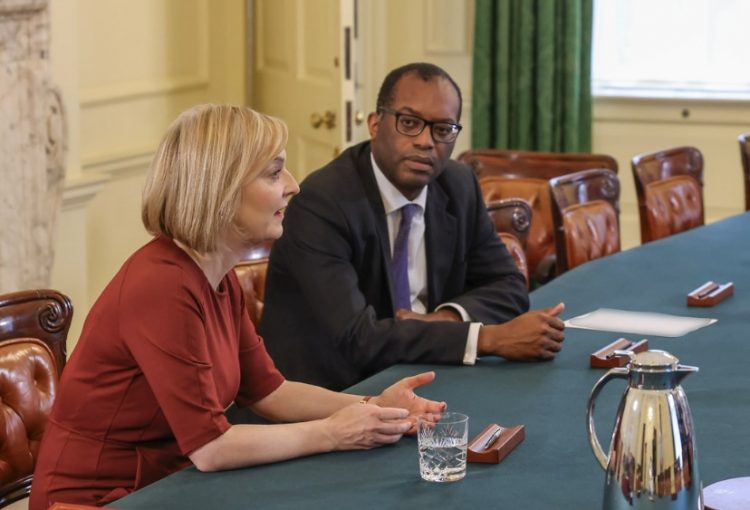Government chaos and confusion causes ‘carnage’ in Liverpool residential market with deals pulled, says Alan Bevan of City Residential, adding that ‘cash is now king’. Tony McDonough reports

“Cash is king’ in Liverpool’s residential sales market after weeks of chaos at the top of Government sent interest rates up and caused deals to be pulled.
In his latest quarterly analysis of the city’s sales and lettings market, Alan Bevan, managing director of City Residential, said the mini budget and subsequent u-turns had caused ‘carnage’ in the city.
“The reaction of buyers, sellers, funders, developers, landlords, tenants, and funds says it all,” said Alan. “Deals were pulled, purchases renegotiated, funding withdrawn, possible defaults the list goes on.
“Yes of course it will all settle down, whether that be next week or next month but the damage is done. One thing all stakeholders don’t like is uncertainty and we now have bucket loads of the stuff.”
On September 23 then Chancellor of the Exchequer Kwasi Kwarteng unveiled his mini budget, which he called “the growth plan” with the full backing of Prime Minister Liz Truss.
As well as offering to protect consumers from energy price rises for two years, possibly costing up to £150bn, Kwarteng also announced £45bn of tax cuts. This included £2bn to cut the top rate of tax.
Global financial markets, already nervous about the Bank of England’s (BoE) plan to start unwinding its long-term quantitative easing plan by selling gilts (Government bonds), were spooked by the announcement.
For a short time it sent the value of sterling into freefall and pushed up the price of gilts and therefore the long-term cost of UK Government borrowing. The central bank acted quickly to announce it would commit another £65bn to bond purchases. This was primarily to protect at-risk pension funds.
This led to rising interest rates which caused many UK lenders to withdraw mortgages. The overall amount of deals available in the market were almost 50% smaller than a week before the mini budget.
Fast forward to this week and, in the last few days, Jeremy Hunt has replaced Kwarteng as Chancellor with much of the mini budget proposals now scrapped. The only substantial parts to survive are the £13bn national insurance cut and a £1.5bn reduction in stamp duty.
Alan added: “The residential sales market in the city has performed extremely well over the last three months… That was until September 23.
“Although rising interest rates are bound to have a negative effect on those buyers using mortgage finance, it does not appear to be putting off cash buyers. The percentage of cash buyers versus mortgage buyers in the city continues to rise and we expect this trend to continue over the coming months.”


He said the decision to retain the stamp duty cut was good news for the market. The threshold for the tax will double from £125,000 to £250,000 for home movers and rise from £300,000 to £425,000 (on properties worth up to £625,000, rather than £500,000) for first-time buyers.
“Prices in the city continue to look attractive compared to that of the suburbs and other UK cities (to investors),” explained Alan. “Indeed, with the rental market continuing to fire on all cylinders yields may rise to extremely attractive levels not seen for some two to three years.
READ MORE: ‘Liverpool council turmoil has spooked investors’, says Vermont founder
And he also said the city centre market continues to suffer from the fall out of the Grenfell Tower/cladding issues with many apartment blocks currently unsaleable/unmortgageable until the cladding is renewed.
In conclusion Alan said: “The residential market in Liverpool will be fine. Yes, we’ve had a few sales pulled off the back of the news and buyers/sellers are re-evaluating their positions, but activity levels remain surprisingly brisk.
“With the city still offering a substantial discount to the better suburbs and rents continuing to rise, the market still offers decent value for buyers, whether they be owner occupiers or investors.”

